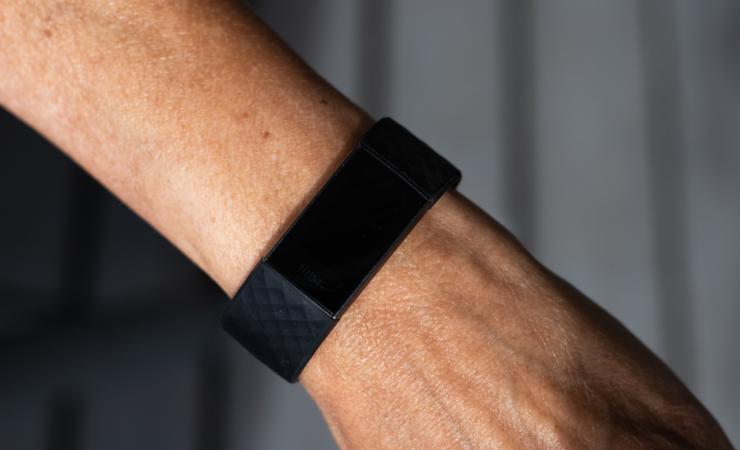A study by RADAR-CNS, published in the journal Pattern Recognition, was the first to compare different deep learning methods in predicting the presence or absence of COVID19-like symptoms using Fitbit-measured heart rate data.
Researchers compared several deep learning methods, and found that that a method called contrastive convolutional auto-encoder (CAE) worked the best. By comparing 19 participants with COVID19 symptoms to 19 participants without symptoms, they showed the method was able to correctly identify all patients with symptoms (100% sensitivity) and performed very well on identifying people without symptoms (90.6% specificity) suggesting it would provide a low rate of false alarms.
The researchers used data from participants in the RADAR-CNS project with multiple sclerosis. Heart rate data was collected continuously for 24 hours a day, seven days a week for 14 days, from 87 participants in Denmark, Italy and Spain.19 of these MS participants had COVID19 symptoms that reached the study’s criteria for diagnosis. Each of the 19 symptomatic participants was paired with a symptom-free control participant with MS, matched for site and gender and being of a similar age.
Patterns in heart rate fluctuations have been linked to a number of medical conditions and research has shown that they correlate with illness severity. COVID19 symptoms, like coughing and fever, can affect the heart rate, and a change in heart rate pattern over a short period could help distinguish between those with and without COVID19 infection.
Wearables such as Fitbit fitness trackers provide indirect measurements of the heart rate through pulse rate. By applying a deep learning approach to data sets on heart rate from Fitbits, the researchers proposed that it would be possible to automatically identify individuals with COVID19 based purely on data that was passively acquired from the devices.
Deep learning is a machine learning technique that teaches computers to learn by example. It is a key technology behind driverless cars and voice control in consumer devices like phones and TVs. The deep learning model used by RADAR-CNS was pre-trained on heart rate data from the 49 participants that reported COVID19 symptoms but did not meet the criteria.
First author on the study, Shuo Liu from the Chair of Embedded Intelligence for Health Care and Wellbeing at the University of Augsburg said: “We were surprised by how impressive these results were, demonstrating how heart rate data could be used to detect COVID19 and potentially other diseases. We believe this approach could have many advantages in identifying people with COVID19 infection.”
Machine learning approaches have been proposed to identify COVID19 using data from scans and X-rays but these methods require specific clinical equipment and the patient must attend a clinical facility. In contrast, heart rate can be measured remotely and non-intrusively using wearable devices to provide early, automatic detection when COVID19 symptoms first appear. We hope to further refine the approach on other data sets and explore its use in detecting other diseases and conditions.”
RADAR-CNS is supported by the Innovative Medicines Initiative, a partnership between the European Union and the European pharmaceutical industry.
